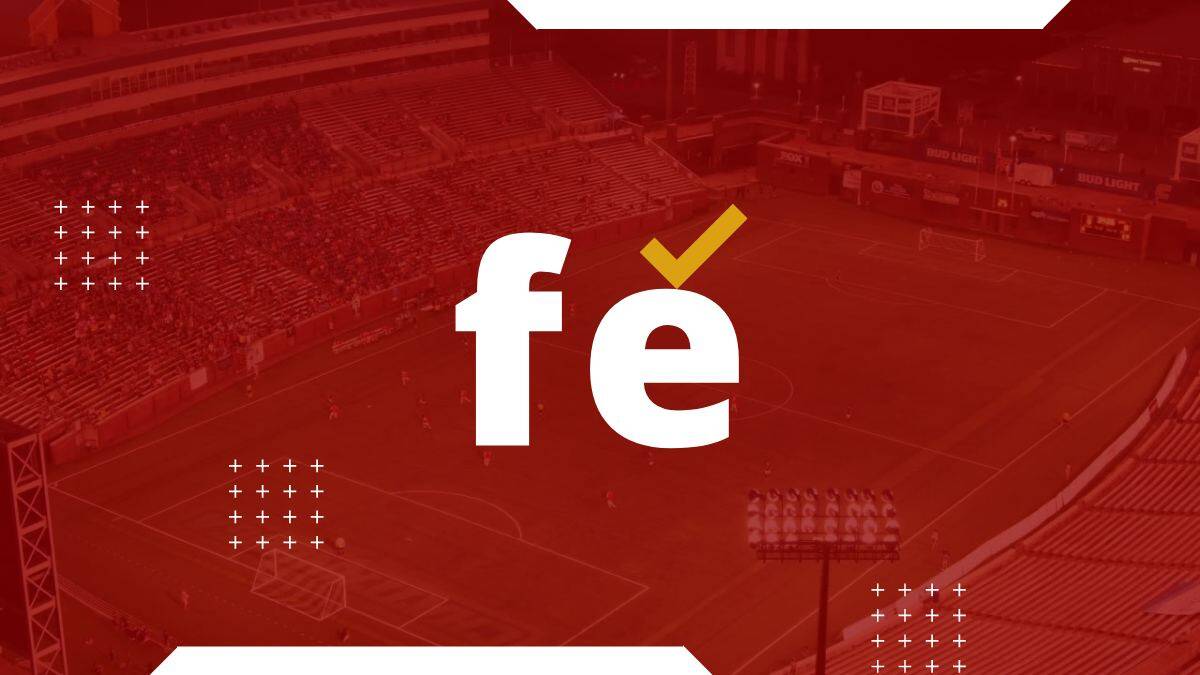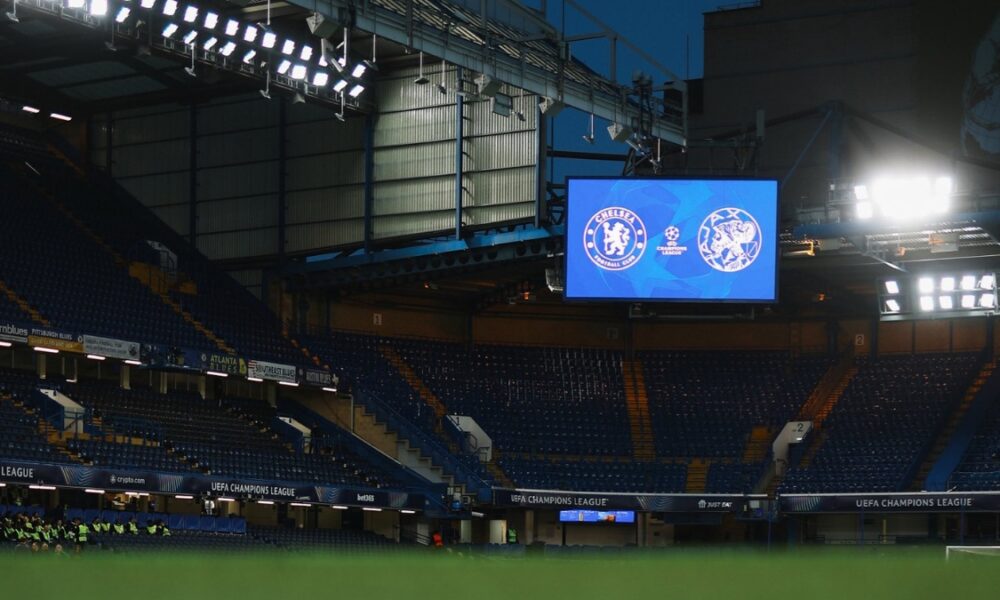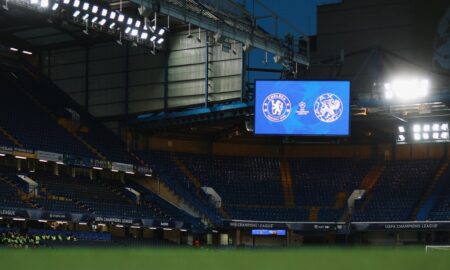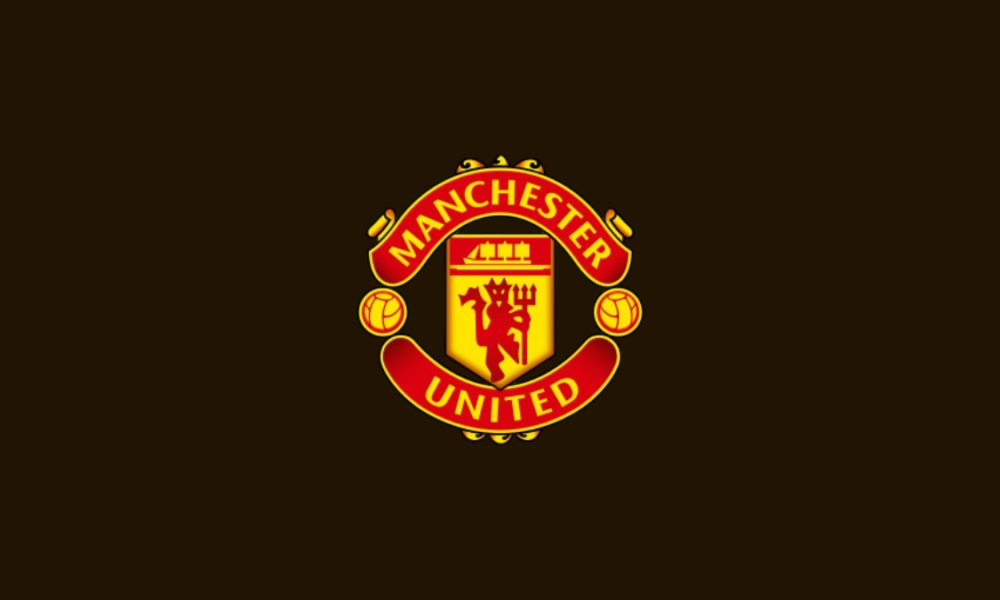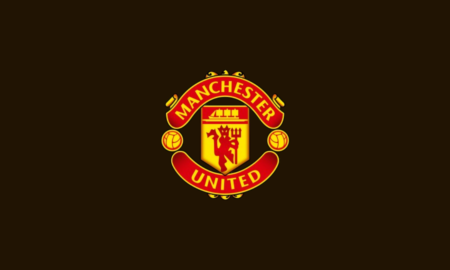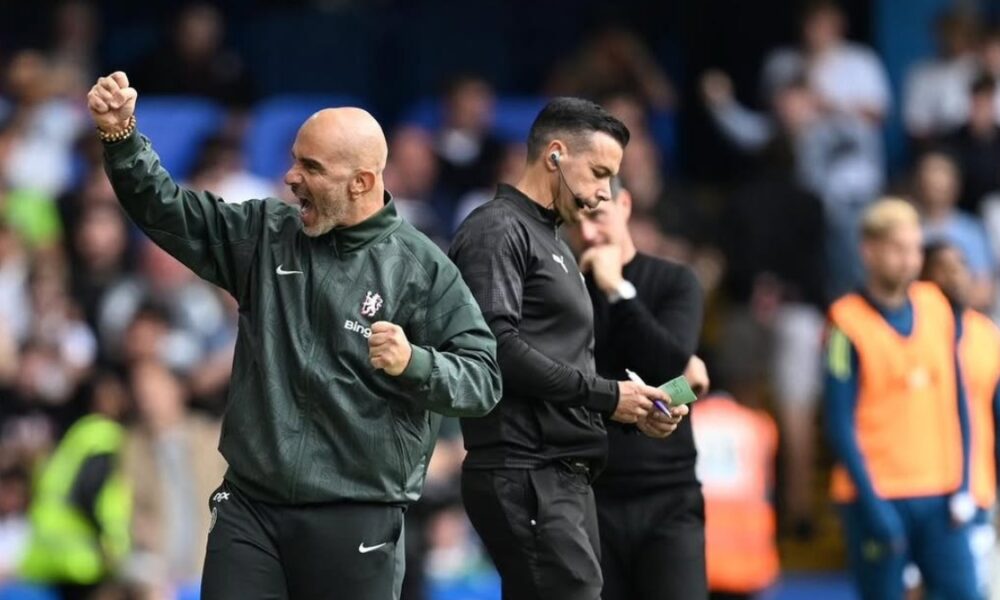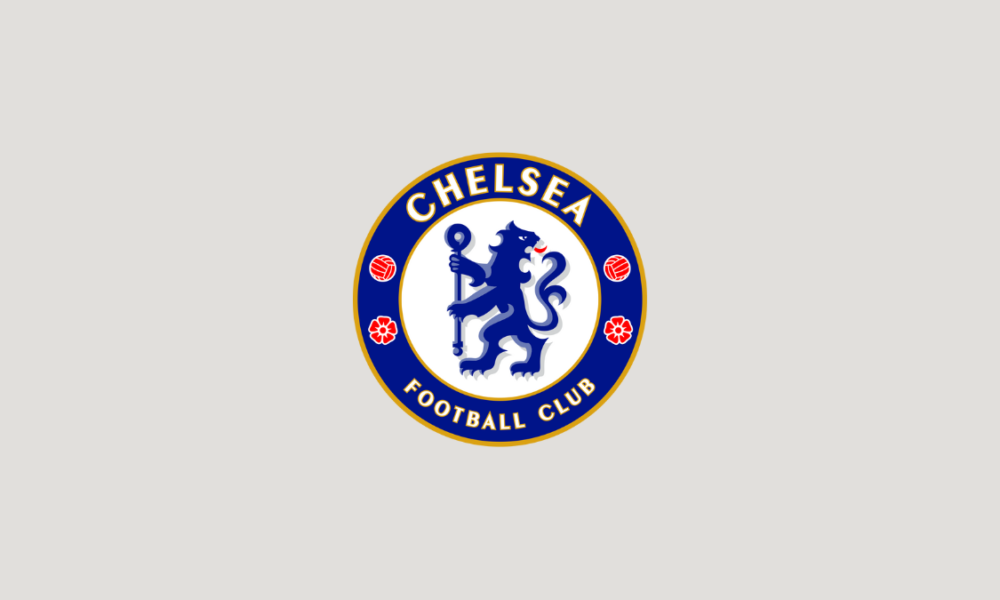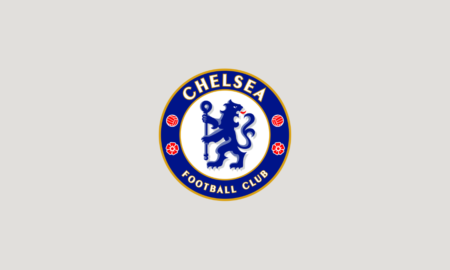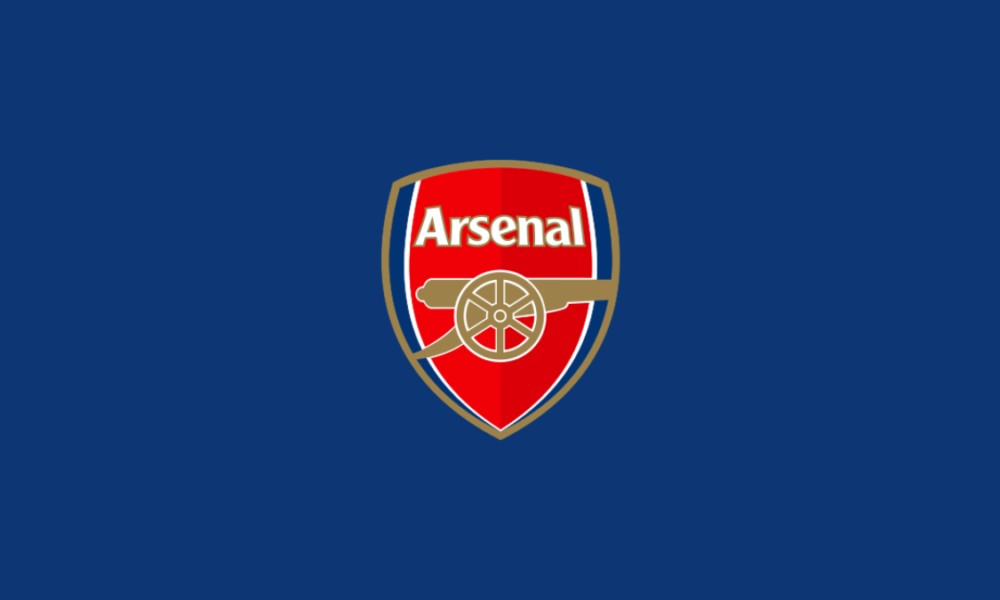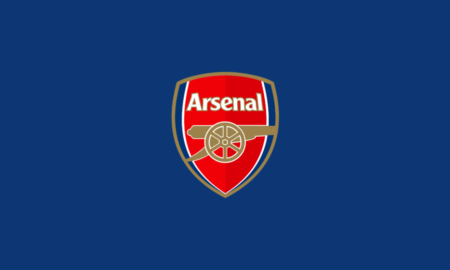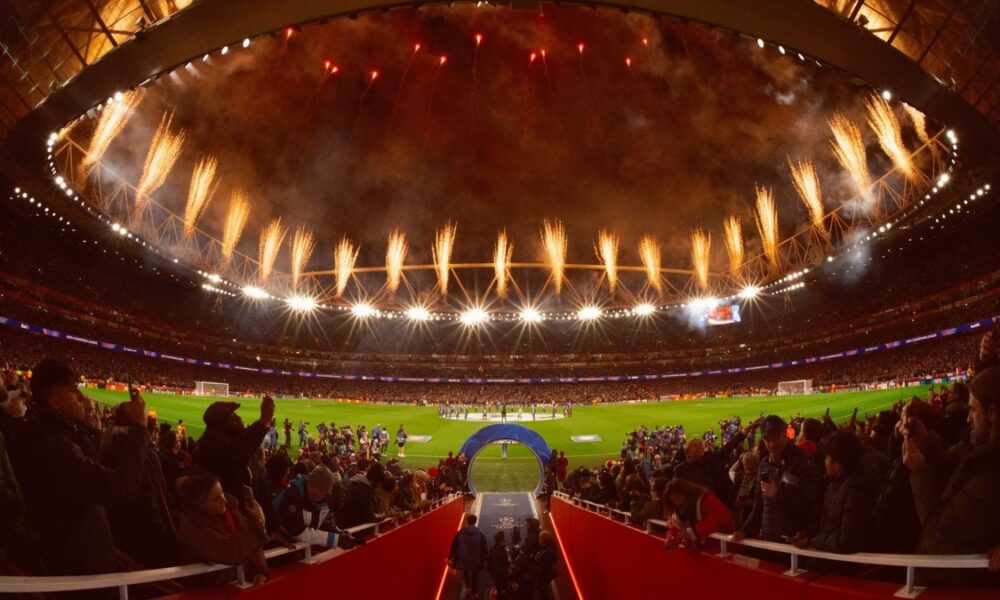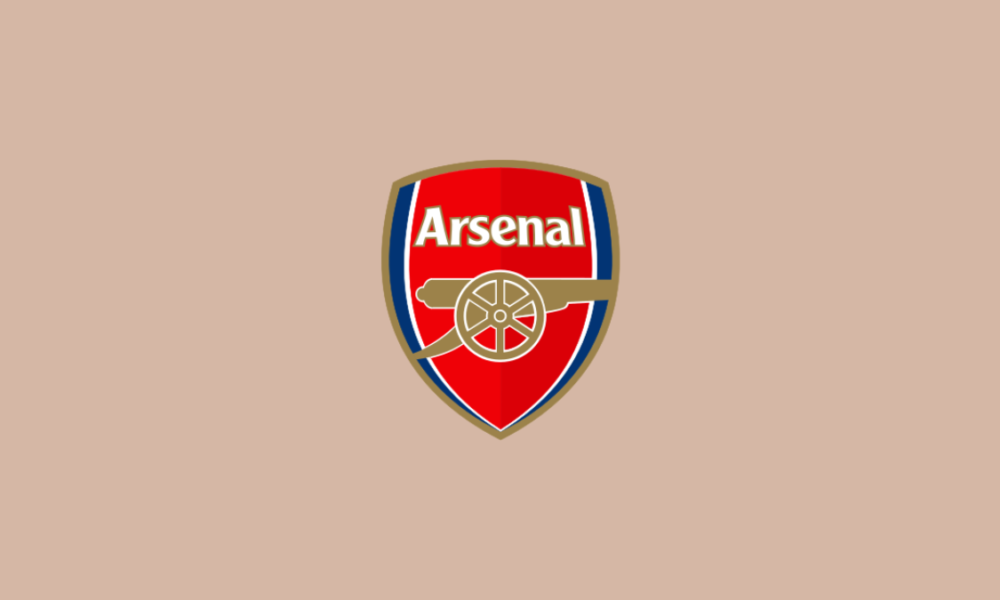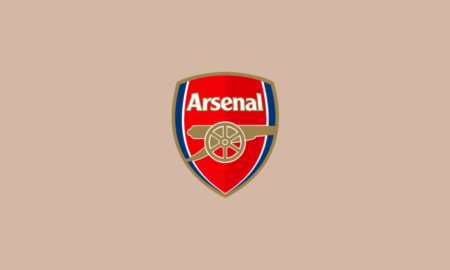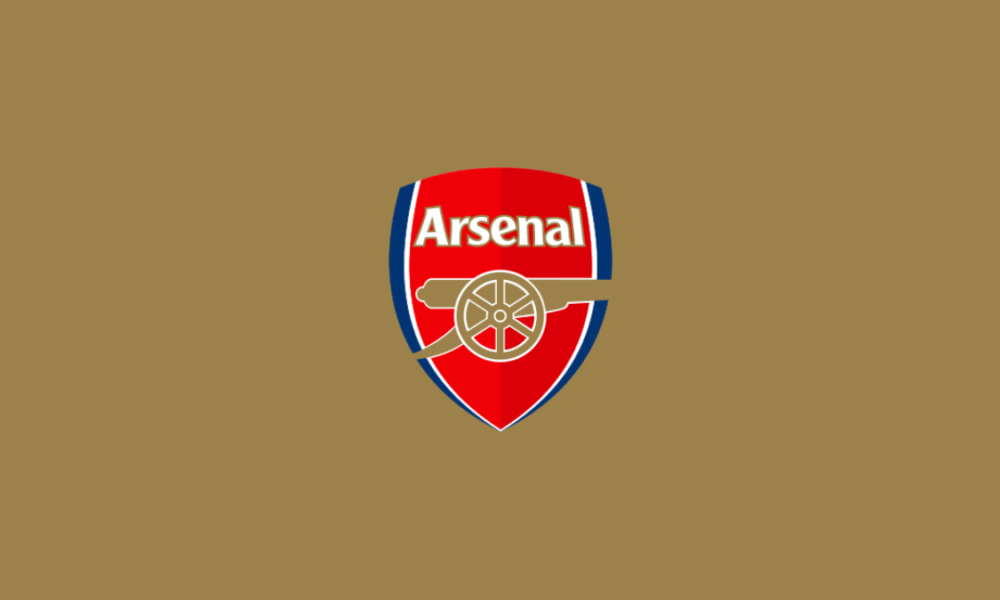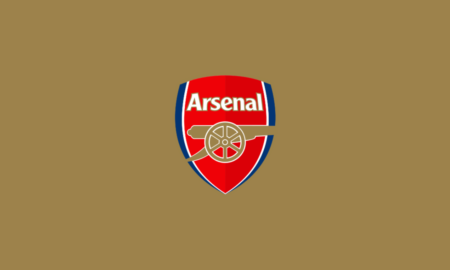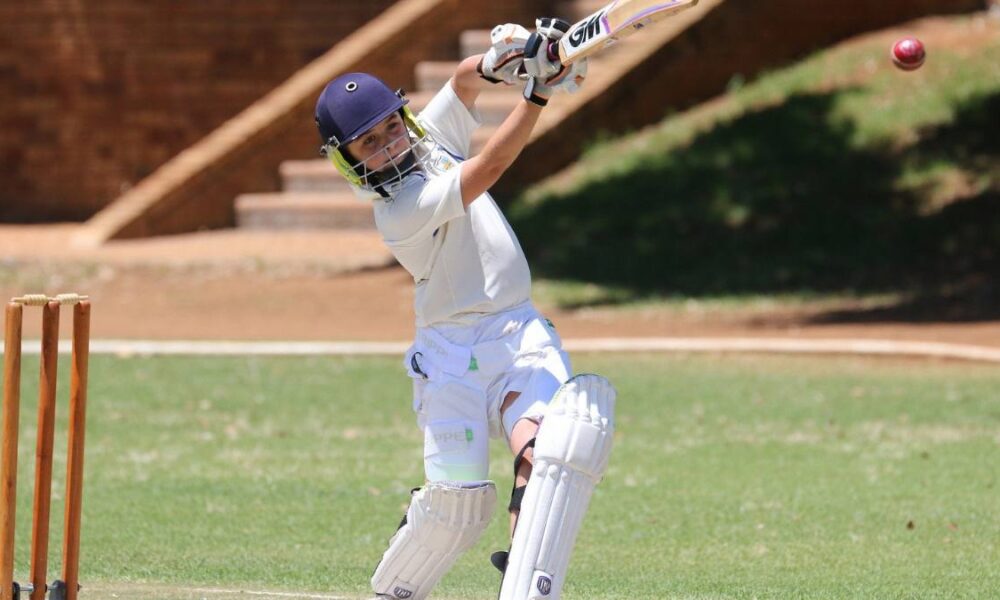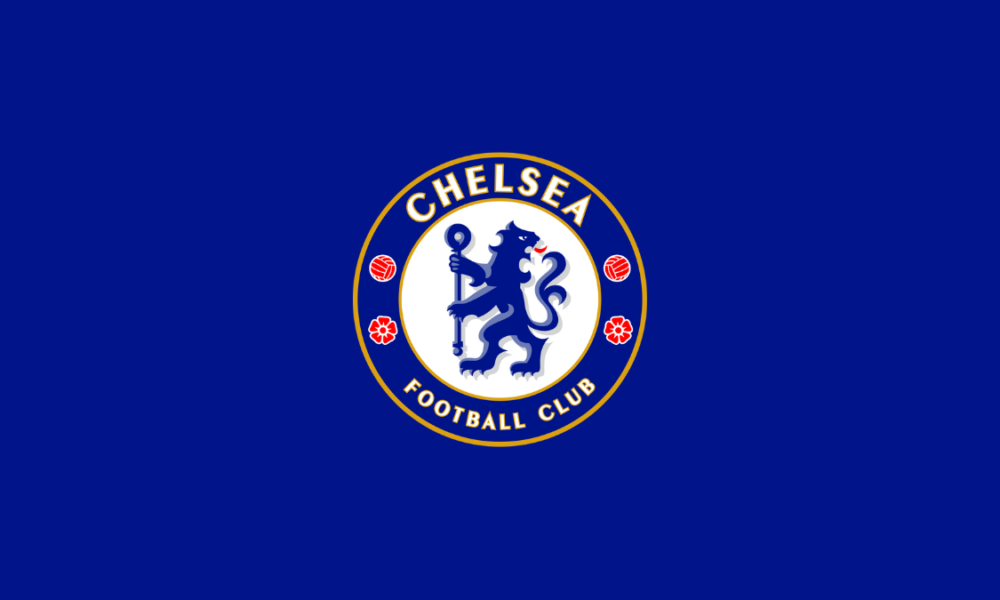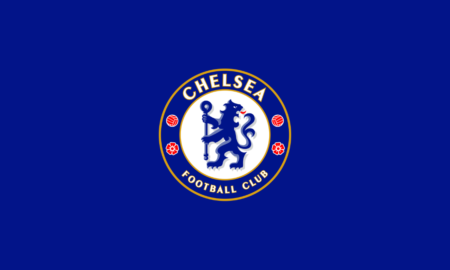After ninety minutes of high-pressure football, the mind and body of a professional player are often left in a state of both physical exhaustion and emotional overdrive. Whether it is the adrenaline from a last-minute goal, the disappointment of a tough loss, or simply the intensity of competition, footballers need reliable ways to reset. Recovery isn’t just about ice baths and stretching routines; it is also about finding mental balance. Many players adopt unique habits to switch off and bring themselves back to a calmer state.
Gaming as a popular outlet
One increasingly common way players unwind is by turning to video games. Modern footballers, who grew up with consoles in their homes, often find comfort in picking up a controller after a demanding fixture. Big names like Antoine Griezmann, Sergio Agüero, and Neymar Jr. are well known for their love of gaming. Griezmann frequently streams Fortnite, while Agüero has even launched his esports organization. Gaming has become a simple way for many to switch off and take a break from the pressures of football.
There’s also a clear crossover between football and gaming, with many players finding it’s another way to switch off while still enjoying a bit of competition For example, those interested in strategy-based games might check out the best Starcraft 2 betting sites, which not only create a sense of community but also provide structured ways to follow matches and tournaments. These platforms let both fans and players stay connected to the games they enjoy, adding an extra layer of fun and community while giving them the buzz of competition without the physical demands of sport
The role of relaxation rituals
But of course, gaming isn’t the only way footballers decompress. For many, relaxation starts immediately after a match with tried-and-tested recovery methods. Many players now choose to participate in meditation and mindfulness. Just simple habits that help calm their nerves and sharpen their concentration. By practicing breathing techniques or guided relaxation, players can detach from the noise of the game and settle into a calmer state of mind.
Some players lean on music to unwind. After a match, it’s common to hear playlists running in dressing rooms, loud, fast tracks when there’s something to celebrate, or slower tunes after a tough night. For many, it’s less about the songs themselves and more about the chance to switch gears. Others find the same reset in listening to a football podcast, say, a debate on Manchester United’s chase for Lucien Agoume, or even an audiobook that takes their mind completely off the game. Whatever the choice, the effect is the same: a way to recharge and move forward
Social connection
Beyond individual practices, time with family and close friends is another vital tool for recovery. Footballers spend large parts of their careers away from loved ones, traveling across countries for matches and training camps. After strenuous games, reconnecting with family helps anchor them emotionally. Sharing a meal or enjoying a quiet evening at home can provide a grounding balance that high-intensity sport often disrupts.
Physical recovery tied to mental ease
It’s impossible to separate mental ease from physical recovery. When the body feels sore or depleted, the mind tends to follow. That’s why players put a lot of focus on recovery after games, using things like ice baths, massages, or stretching. These routines will help the body heal quickly. Bringing a sense of relief that helps ease the mind. A footballer who knows his body is healing well will naturally feel lighter in spirit, ready to focus on the next challenge.
Escaping through hobbies
Finally, many players lean on hobbies completely unrelated to football. Reading, cooking, fishing, or even painting have all been cited by professionals as ways they reset mentally. These hobbies put players in settings where there’s no pressure to perform and no scoreboard to worry about. It lets them put their energy into something creative or relaxing, which can be both enjoyable and refreshing.

